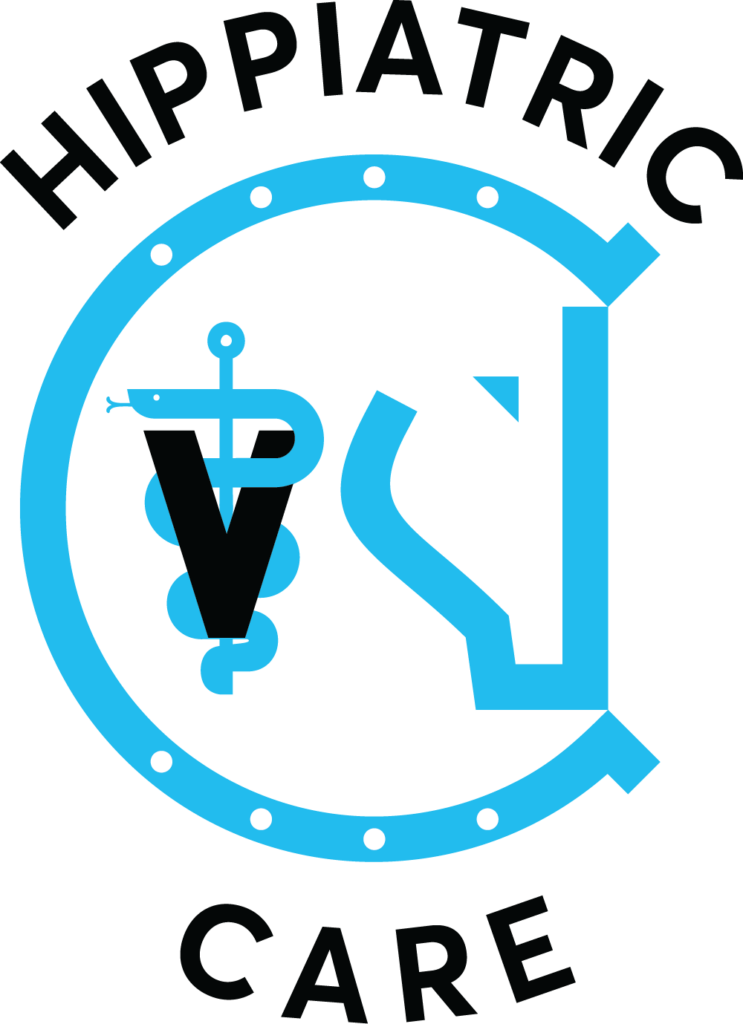Pre-Purchase Examination
PRE-PURCHASE EXAMINATION
Only a thorough and meticulous examination before buying a horse, could fill you with confidence that your choice, whether or not to proceed with the purchase, is the right one. The pre-purchase check is intended to uncover health issues and orthopaedic conditions that could limit the horse’s future athletic performance.
With the pre-sale check the equine veterinarian reports the findings of the examination including any significant signs of disease, injury or other medical condition. In addition, the opinion of the examining veterinarian will be expressed as to whether or not, on the basis of the assessed probabilities, the clinical findings affect the horse’s suitability for purchase for its intended use. The decision to buy or not to buy a horse is the sole responsibility of the prospective buyer, once he has received the information, he is interested in.
We follow the pre-purchase inspection process as indicated by BEVA/RCVS (British Equine Veterinary Association/Royal College of Veterinary Surgeons) protocols.
The pre-purchase check is completed in 5 steps.
- Thorough external clinical examination of the horse at rest by inspection, palpation and the application of various manipulations to identify obvious clinical signs of injury, disease or other pathological condition. It also includes listening to the heart and lungs, examining the front teeth, incisors and canines, as well as the eyes.
- In hand walking and trotting – flexion tests on all four limbs – quick changes of direction, as well as trotting in a circle.
- Examination under saddle or exercising on the lunge. The horse will be exercised enough to be able to assess the condition of its circulatory and respiratory systems, but also to evaluate the horse’s movement at the walk, trot and gallop.
- Rest and re-examination. The horse’s cardiorespiratory system is reassessed as the horse gradually returns to a resting state.
- Second check with the horse at trot in hand.
At the end of the examination a blood sample is taken and it is possible to carry out the following tests:
- Haematological / Biochemical: These are the most common blood tests performed to help diagnose infections or other pathological conditions, such as anaemia or the presence of inflammation. Biochemical tests give information about the condition of the muscles, kidneys, liver and other organs.
- Anti-doping control: With this test, blood samples are sent to laboratories abroad, for the detection of medicinal substances whose administration to the horse (before the pre-purchase control) could mask diseases, injuries or other pathological conditions that would otherwise be clinically detectable.
- Screening for Infectious Anaemia. It is recommended that a test for Infectious Anaemia be carried out before purchasing a horse. An exception is the case where the owner of the horse has a certificate of a negative test for the disease in question dated within the last 12 months.
Additional Services:
- Taking Digital X-rays using the latest equipment that offers the best discrimination in the Greek Veterinary Market for the detection of even the smallest lesions.
- Colour Ultrasound to visualize soft structures (such as tendons and ligaments)
- Infrared thermography
We provide the possibility to follow you abroad for the pre-purchase inspection or advise you from a distance.
